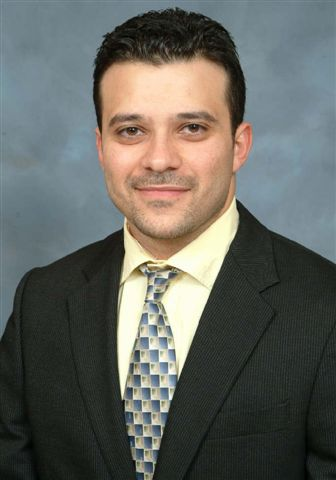 The term 'hypertension' is often misunderstood. Some folks think it describes someone who is just really uptight and tense all the time. And that's okay - as long as you aren't diagnosing anyone.
The term 'hypertension' is often misunderstood. Some folks think it describes someone who is just really uptight and tense all the time. And that's okay - as long as you aren't diagnosing anyone.
What hypertension really describes is high blood pressure. If you have hypertension - then you've got high blood pressure. The pressure that is measured is actually the force against the walls of your arteries as your heart pumps blood through your body.
You ever hear the doctor say you have blood pressure of "120 over 80"? Lots of folks nod their heads and say "okay", but they have no idea what that means. The TOP number is what's called the systolic blood pressure (the pressure level when the heart is beating), and the BOTTOM number is the diastolic blood pressure (the pressure level when the heart is not beating).
120/80 (120 "over" 80) or lower is normal for most adults. The line of demarcation for hypertension is a measurement of 140/90. Those who fall into that gap between 120/80 & 140/90 are the "pre-hypertension" category. (You're on your way.)
Hypertension is a big deal. It can damage your arteries, narrow them, and make you more susceptible to an aneurysm. It can also be a major factor in heart disease, particularly in overworking your heart to the point where your left chambers enlarge because of the stress. Heart failure is also a potential result of the strain.
Your brain is also recipient of the trouble. Strokes are possible, as clogged arteries deny the brain of required oxygen levels. Dementia can also be a result.
Kidneys can be scarred, failed, or have their own artery aneurysm.
All this is life-threatening. No joke.
What Causes Hypertension?
- It can be as simple as how much water and salt is in your body at the time of the measurement.
- As complicated as the condition of body hormones affect the blood pressure level.
- The status kidneys, nervous system, or blood vessels.
- How old you are. (Kind of a hybrid of above cause - the older you are, the more your blood vessels stiffen up. This happens, blood pressure rises.)
Sometimes, we don't know why you have high blood pressure. When there are no identifiable causes, we call it "essential hypertension". Another term is "secondary hypertension" which is caused by another medication or medical condition - like kidney disease, pregnancy, diet pills, on and on.
Diagnosing Hypertension
Doctors as a whole do a pretty good job of making sure a patient has hypertension. We don't just test the blood pressure once as your blood pressure can vary - even throughout one day. Once hypertension is diagnosed, we will look for symptoms of heart disease or other changes in your body. Cholesterol tests, EKGs, and examination of the patient's kidneys are often done.
We want to be sure that we cover all bases, as hypertension is a precursor or symptom to several other issues.
Preventing & Managing Hypertension
- As you age, get your blood pressure checked! (Learn how to check your own.)
- Make the necessary lifestyle changes recommended by your doctor to control blood pressure. (If they say no more salty food - QUIT eating salty food!)
- Don't smoke. Goes with just about everything.
- Limit alcohol consumption.
- Lose unnecessary fat & weight
- Keep tabs on your stress level. This can be big deal. Stress causes certain reactions in your body which can lead to overworking your heart - no good.
The best way to combat hypertension is to literally keep your finger on it. Check it regularly and if you notice that you are getting high measurements on a consistent basis - see your doctor. It's worth it.
- Dr. Mohanned Azzam
